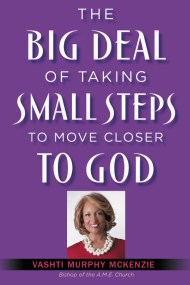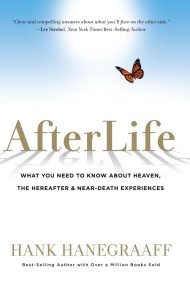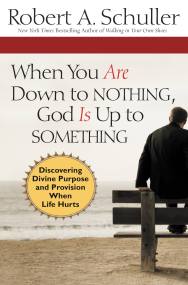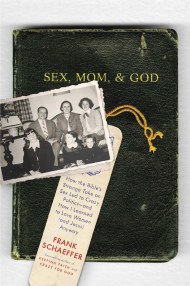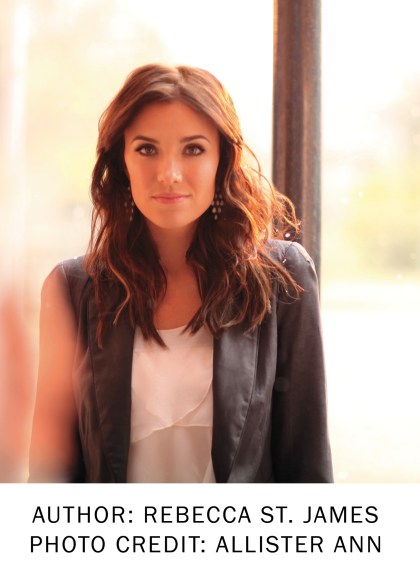Promotion
Use code MOM24 for 20% off site wide + free shipping over $45
Loved
Stories of Forgiveness
Contributors
Formats and Prices
Price
$7.99Price
$9.99 CADFormat
Format:
ebook $7.99 $9.99 CADThis item is a preorder. Your payment method will be charged immediately, and the product is expected to ship on or around September 21, 2009. This date is subject to change due to shipping delays beyond our control.
Also available from:
Yet each story has the positive ending of a life saved by Jesus Christ. Each story offers hope of renewal and restoration. Written for all those who fear that God can’t or won’t forgive them for what they did, LOVED is a book of hope.
Genre:
- On Sale
- Sep 21, 2009
- Page Count
- 256 pages
- Publisher
- FaithWords
- ISBN-13
- 9780446558174
Newsletter Signup
By clicking ‘Sign Up,’ I acknowledge that I have read and agree to Hachette Book Group’s Privacy Policy and Terms of Use


